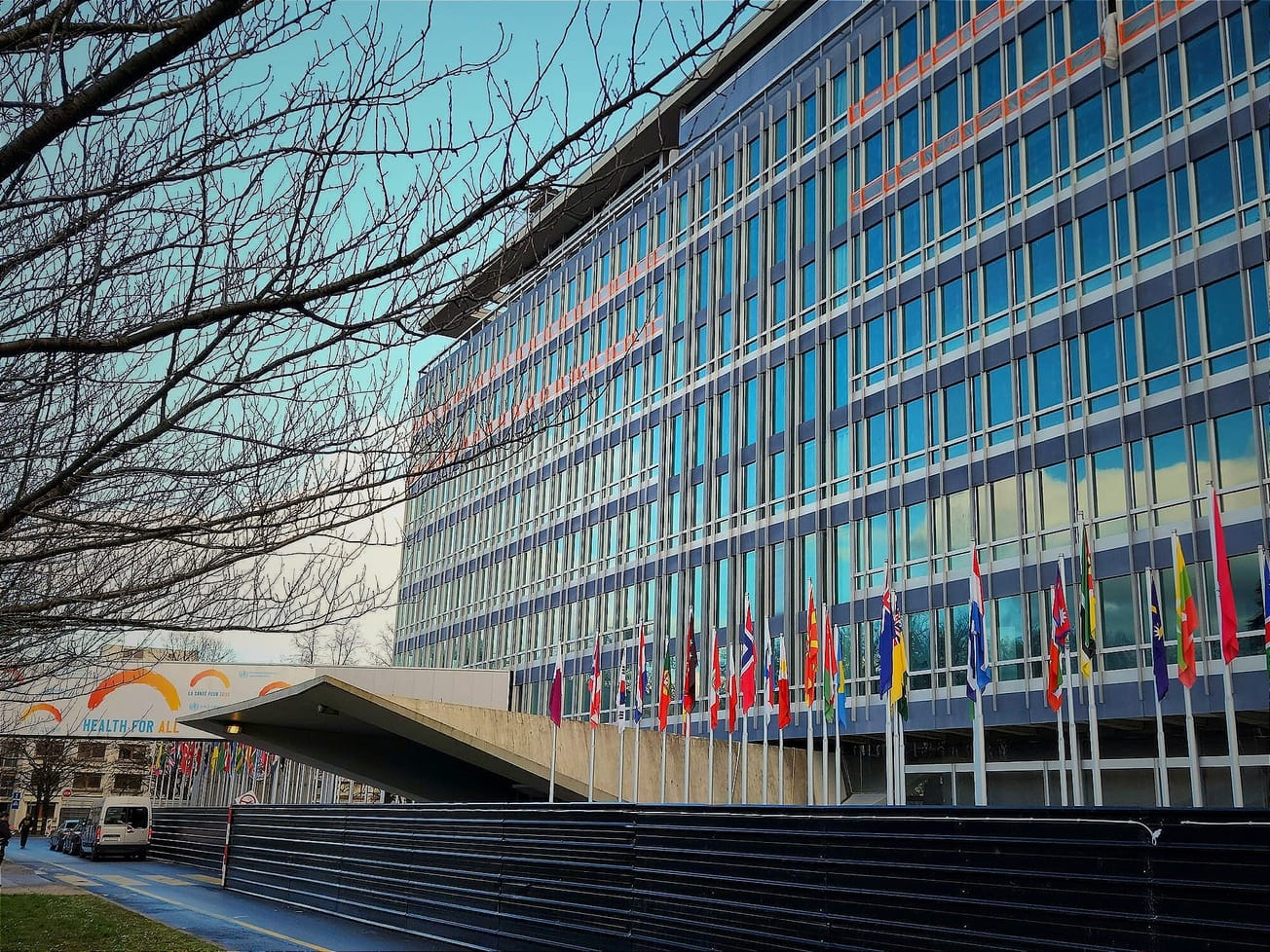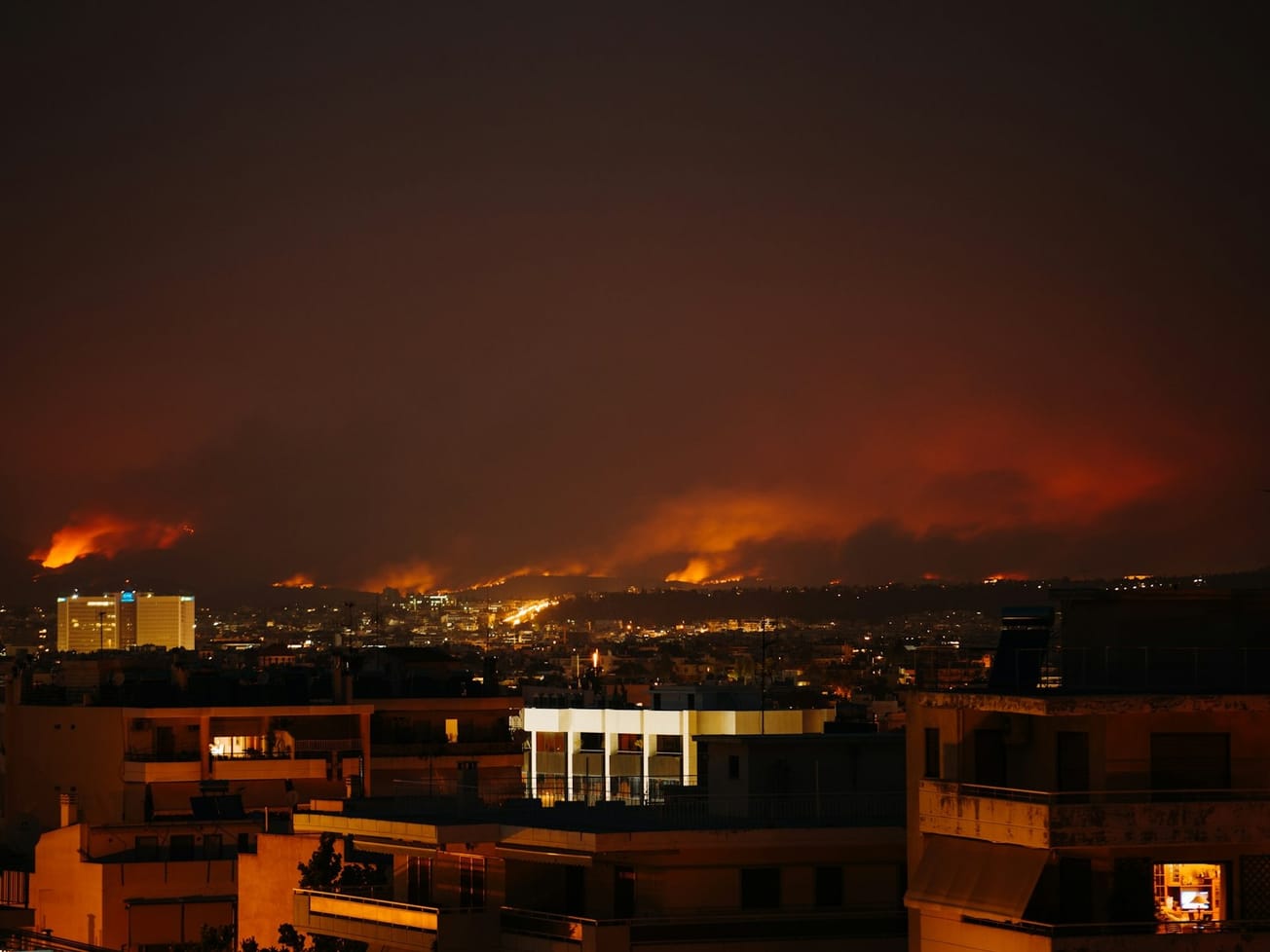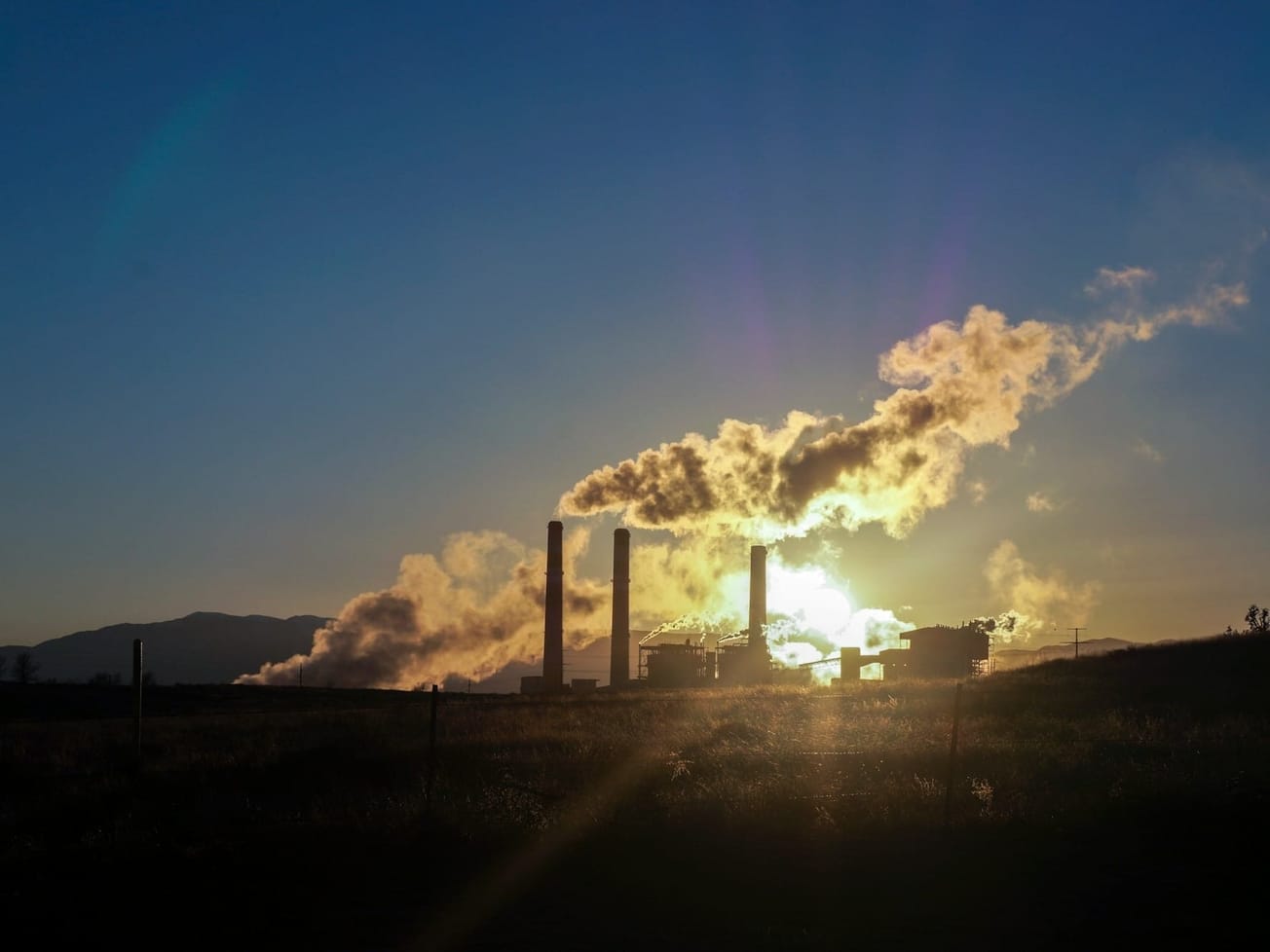The United States refuses to agree to patent waivers for COVID-19 tests and treatments this year, saying more information is needed to make a sound decision.
The Office of the U.S. Trade Representative announced its support on Tuesday for trade ministers putting off a decision on the World Trade Organization's long-running debate over a waiver for some intellectual property protections.
The announcement effectively kills any further chances for agreement this year on the WTO's TRIPS Agreement, since the 164-nation global trade body operates on the basis of consensus.
The U.S. support for further delay puts it in line with other wealthy nations that have dragged their feet on granting waivers that would boost global access to life-saving generic versions of COVID-19 diagnostics and therapeutics. The US$5.26 billion global market for Covid-19 treatments in 2020 is expected to almost quintuple to $25.6 billion by 2030, according to InsightAce Analytic.
“Real questions remain on a range of issues," said Katherine Tai, the U.S. trade representative, adding that more time and information beyond WTO's Dec. 17 deadline for a decision "will help the world make a more informed decision."
She said her office will ask the U.S. International Trade Commission to investigate COVID-19 diagnostics and therapeutics and "provide information on market dynamics to help inform the discussion around supply and demand, price points, the relationship between testing and treating, and production and access." Such an investigation could take a year to complete.
The US has confirmed that this year it cannot join a consensus on expanding the WTO intellectual property waiver for COVID-19 vaccines to cover patents on therapeutic and diagnostic products
— Peter Ungphakorn (also @CoppetainPU@tooting.ch) (@CoppetainPU) December 6, 2022
It supports delaying the Dec 17 deadline#TRIPSwaiver
1/3 https://t.co/BKYcvMoG76
Global access vs. a potential drag on innovation
In June, the WTO's first ministerial conference in four and a half years overcame bitter divisions to reach consensus on an 'unprecedented' six-item package deal that included a five-year decision to extend a partial intellectual property waiver that would allow developing countries to produce and export COVID-19 vaccines.
WTO has long deadlocked over a proposed annual waiver of parts of the 1995 TRIPS Agreement, a major intellectual property agreement, that would allow any nation or company to make a vaccine if it has the recipe and ingredients.
Developing nations such as India, Indonesia and South Africa have pushed to extend the waiver to cover the production and supply of Covid-19 diagnostics and therapeutics. A decision on that was left open until Dec. 17, but with the U.S. announcement that deadline will be missed.
Dozens of other nations, including the European Union's 27-nation bloc, Japan, Singapore, South Korea, Switzerland and the U.K. also have sought more time for the potential waiver extension, arguing they need more evidence that intellectual property rules have slowed global access to COVID-19 treatments and tests.
As WTO member nations debate the proposed waiver extension, the latest evidence and data shows any waiver would have "a significant adverse impact on the entire innovation ecosystem, that in turn will negatively affect industry’s ability to address future pandemics," the International Federation of Pharmaceutical Manufacturers and Associations in Geneva said on Monday.









